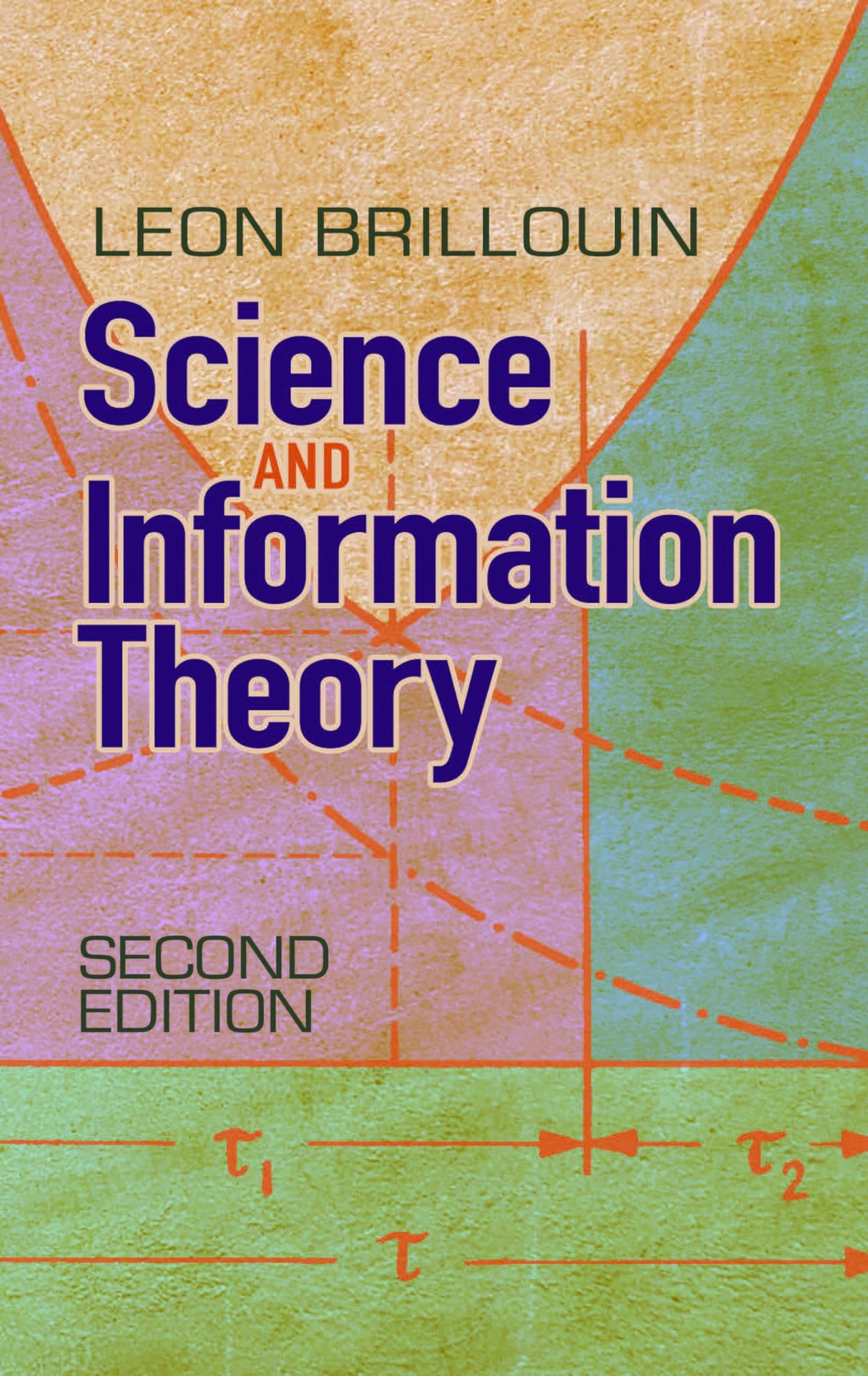Science and Information Theory: Second Edition (Dover Books on Physics)
Science and Information Theory: Second Edition (Dover Books on Physics) is backordered and will ship as soon as it is back in stock.
Couldn't load pickup availability
Genuine Products Guarantee
Genuine Products Guarantee
We guarantee 100% genuine products, and if proven otherwise, we will compensate you with 10 times the product's cost.
Delivery and Shipping
Delivery and Shipping
Products are generally ready for dispatch within 1 day and typically reach you in 3 to 5 days.
Book Details:
-
Author: Leon Brillouin
-
Publisher: Dover
-
Edition: 2nd Revised Edition
-
Binding: Paperback (Import)
-
Number of Pages: 368
-
Release Date: 19-06-2013
-
EAN: 9780486497556
-
Package Dimensions: 8.4 x 5.4 x 0.8 inches
-
Languages: English
About the Book:
Science and Information Theory by Leon Brillouin is a classic exploration of the connections between information theory and physics. This text is ideal for upper-level undergraduates and graduate students who want to delve into the principles of information theory and its applications across various domains of physics.
Brillouin, a towering figure in twentieth-century mathematics, covers a broad range of topics, including:
-
Information theory – introducing and applying the concept of "information" in a variety of contexts.
-
Coding theory – exploring coding problems, solutions, and the theory behind them.
-
Signal analysis – techniques for the analysis of signals and their transmission.
-
Thermodynamics – providing a summary of thermodynamic principles, including thermal agitation, Brownian motion, and thermal noise in circuits.
-
Maxwell's demon – an in-depth exploration of this thought experiment through the lens of negentropy.
-
Uncertainty principle – connections between information theory and the uncertainty principle, particularly in relation to physical observation limits.
-
Computing and organizing information – addressing problems related to computation, organization, and the inevitable errors that arise in these processes.
This comprehensive text offers a detailed and accessible treatment of information theory while tying it directly to the realms of physics and thermodynamics, making it an essential reference for students and researchers interested in these fields.





